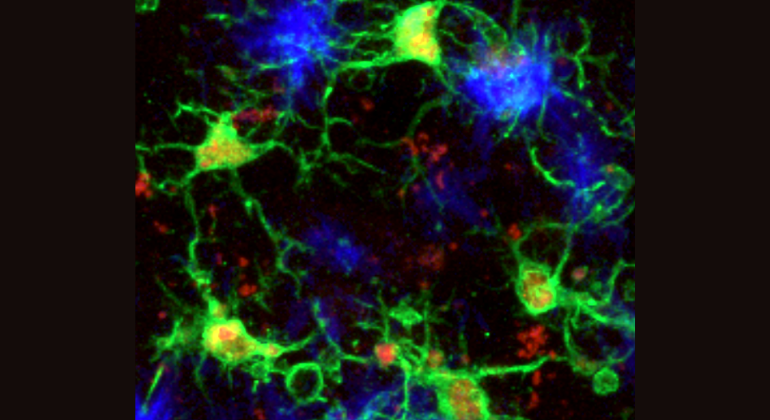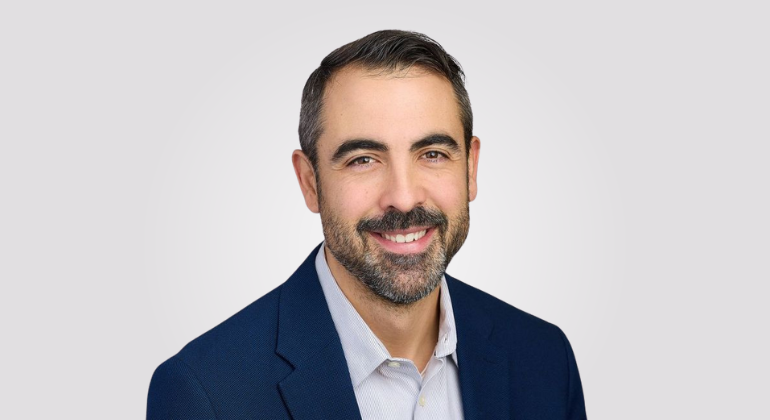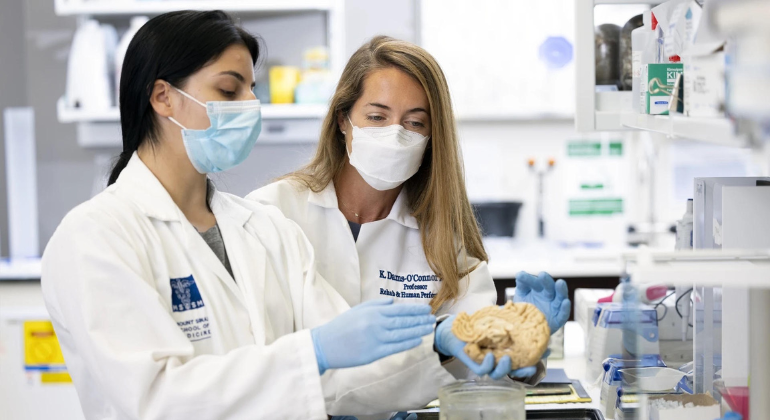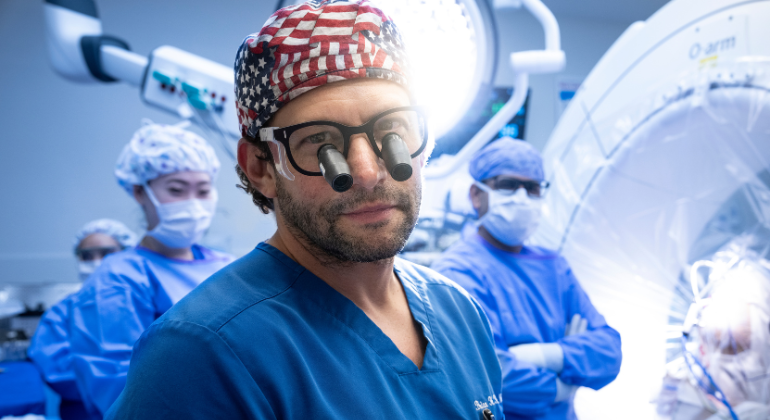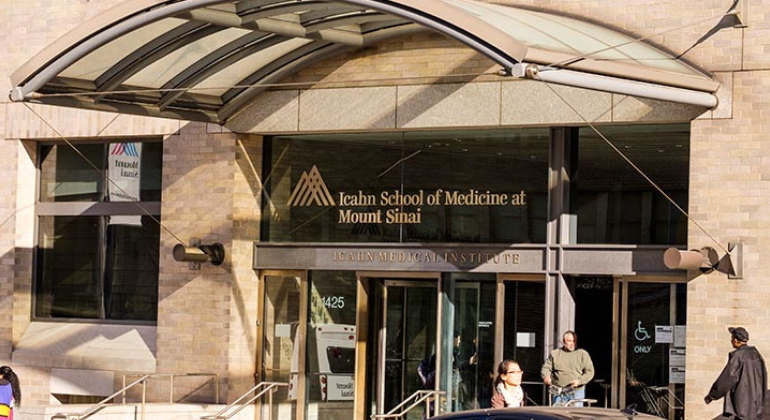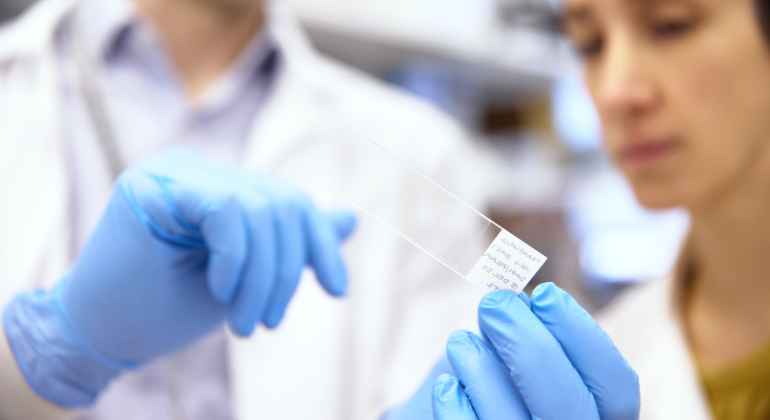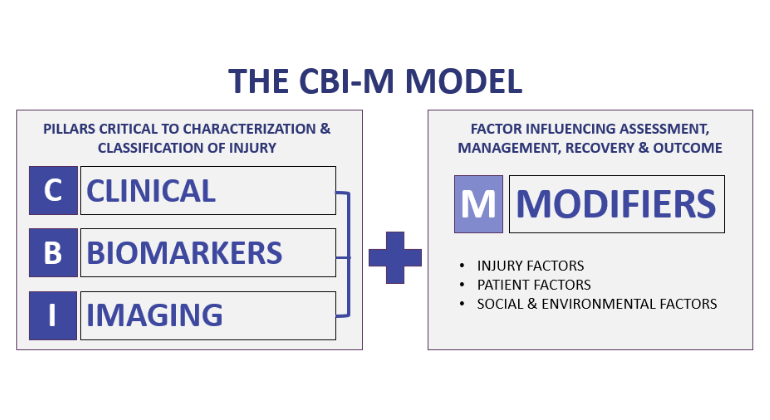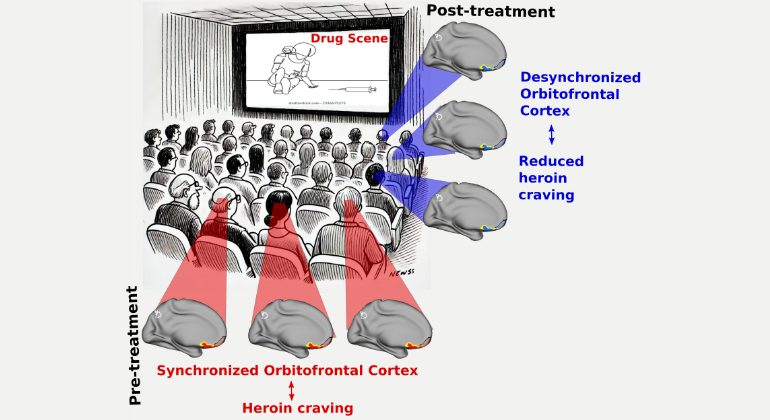Antihypertensive Drugs May Protect against Alzheimer’s Disease and Promote Healthy Memory
Researchers at Mount Sinai School of Medicine have found that a blood pressure drug may lessen the impact of Alzheimer’s disease and promote healthy memory.
Researchers at Mount Sinai School of Medicine have found that the drug carvedilol, currently prescribed for the treatment of hypertension, may lessen the degenerative impact of Alzheimer's Disease and promote healthy memory functions. The new findings are published in two studies in the current issues of Neurobiology of Aging and the Journal of Alzheimer’s Disease.
"These studies are certainly very exciting, and suggest for the first time that certain antihypertensive drugs already available to the public may independently influence memory functions while reducing degenerative pathological features of the Alzheimer’s disease brain," said study author Giulio Maria Pasinetti, MD, PhD, Saunders Family Professor of Neurology and Director of the Center of Excellence for Novel Approaches to Neurotherapeutics at Mount Sinai School of Medicine.
Dr. Pasinetti’s team found for the first time that carvedilol, a blood pressure lowering agent, is capable of exerting activities that significantly reduce Alzheimer’s disease-type brain and memory degeneration. This benefit was achieved without blood pressure lowering activity in mice genetically modified to develop Alzheimer’s disease brain degeneration and memory impairment. These data were published in Neurobiology of Aging.
In a second study published in the Journal of Alzheimer’s Disease, the research team led by Dr. Pasinetti assessed how mice learned new tasks and information and recall of past information chemically stored in the brain. They found that carvedilol treatment was capable of promoting memory function, based on assessments of learning new tasks and information and recall of past information, which is already chemically stored in the brain.
In the study, one group of mice received carvedilol treatment and the other group did not. The scientists conducted behavioral and learning tests with each group of mice, and determined that it took the mice in the carvedilol significantly less time to remember tasks than the other group.
"Ongoing clinical research is in progress to test the benefits of carvedilol, which may prove to be an effective agent in the treatment of symptoms of Alzheimer’s disease,” said Dr. Pasinetti. “We look forward to further studying this drug in the human population."
About The Mount Sinai Medical Center
The Mount Sinai Medical Center encompasses both The Mount Sinai Hospital and Mount Sinai School of Medicine. Established in 1968, Mount Sinai School of Medicine is one of few medical schools embedded in a hospital in the United States. It has more than 3,400 faculty in 32 departments and 15 institutes, and ranks among the top 20 medical schools both in National Institute of Health funding and by U.S. News & World Report. The school received the 2009 Spencer Foreman Award for Outstanding Community Service from the Association of American Medical Colleges.
The Mount Sinai Hospital, founded in 1852, is a 1,171-bed tertiary- and quaternary-care teaching facility and one of the nation’s oldest, largest and most-respected voluntary hospitals. In 2009, U.S. News & World Report ranked The Mount Sinai Hospital among the nation’s top 20 hospitals based on reputation, patient safety, and other patient-care factors. Nearly 60,000 people were treated at Mount Sinai as inpatients last year, and approximately 530,000 outpatient visits took place.
About the Mount Sinai Health System
Mount Sinai Health System is one of the largest academic medical systems in the New York metro area, with 48,000 employees working across seven hospitals, more than 400 outpatient practices, more than 600 research and clinical labs, a school of nursing, and a leading school of medicine and graduate education. Mount Sinai advances health for all people, everywhere, by taking on the most complex health care challenges of our time—discovering and applying new scientific learning and knowledge; developing safer, more effective treatments; educating the next generation of medical leaders and innovators; and supporting local communities by delivering high-quality care to all who need it.
Through the integration of its hospitals, labs, and schools, Mount Sinai offers comprehensive health care solutions from birth through geriatrics, leveraging innovative approaches such as artificial intelligence and informatics while keeping patients’ medical and emotional needs at the center of all treatment. The Health System includes approximately 9,000 primary and specialty care physicians and 10 free-standing joint-venture centers throughout the five boroughs of New York City, Westchester, Long Island, and Florida. Hospitals within the System are consistently ranked by Newsweek’s® “The World’s Best Smart Hospitals, Best in State Hospitals, World Best Hospitals and Best Specialty Hospitals” and by U.S. News & World Report's® “Best Hospitals” and “Best Children’s Hospitals.” The Mount Sinai Hospital is on the U.S. News & World Report® “Best Hospitals” Honor Roll for 2025-2026.
For more information, visit https://www.mountsinai.org or find Mount Sinai on Facebook, Instagram, LinkedIn, X, and YouTube.
